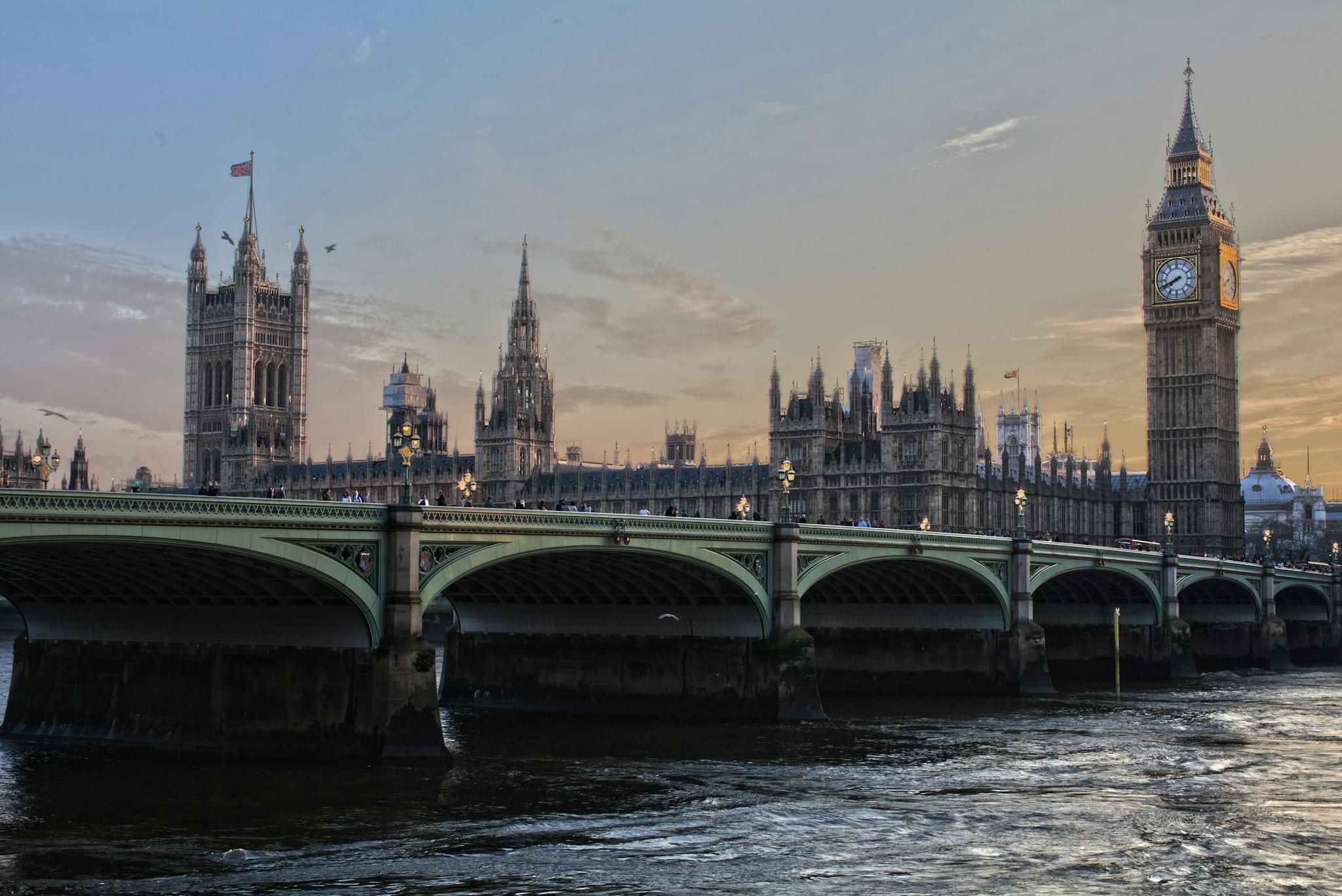Little victories for animal welfare. The UK Government backs a Bill on pet importation.
2024 has been a year of global violence, political upheaval, and devastating natural disasters. But last month the UK Government pushed out one positive piece of news to inject our nation with a bit of festive spirit: a crackdown on illegal pet smuggling.
On the 29th of November 2024, the UK Government announced its support for the Animal Welfare Private Members Bill on the Import of Dogs, Cats and Ferrets under the Department for Environment, Food & Rural Affairs.
Sponsored by Liberal Democrats MP and veterinarian Dr Danny Chambers, the bill addresses the crisis and surge smuggling of dogs, cats, and ferrets into Great Britain through exploiting legal loopholes and their abusive maltreatment.
A look back on the Government
Unfortunately, it has been a drawn-out affair. Multiple Bills have been proposed in the past but to no avail. An attempt during the Government of Conservative Prime Minister Boris Johnson saw an ultimate voting down of a welfare billregarding puppy imports which Labour had pushed to revive. Both political members and beyond lamented the exploitation of animals within parliament’s teetering playing field, with Claire Bass of the Humane Society condemning the treatment of animals as ‘political footballs’.
Finally, on the 15th of March earlier this year – the Bill’s second reading – the Government backed the legislation sponsored by Selaine Saxby to raise the minimum age of imported puppies and kittens and put bans on heavily pregnant animals or those physical mutilations namely docked tails, cropped ears, and removal of claws.
The Bill supported this November will allow the development of legislation to prevent the tens of thousands of dogs and other animals from getting smuggled into the UK each year and facing mistreatment.
Abusing travel rights
In 2023, 320,000 pets were imported into the UK as part of the Pet Travel Scheme, and 44,000 within a commercial context. However, the labels are often false pretences and the real figures warped.
In January of 2012, the UK amended its travel rules to reflect those of the European Union to allow easier pet travel, causing the number of non-commercial animal travel cases to surge via the Pet Travel Scheme (PETS). Figures from Defra report that the number of animals moving into the UK for non-commercial reasons rose from 85,299 in 2011 to 307,357 in 2018, not counting the many estimated to be undocumented. Blue Cross label this a gross abuse of PETS for commercial purposes.
They identify a systemic issue in that the UK demand for puppies and kittens far outweighs domestic supply. Additionally, border control checks are not carried out by Government agencies but rather by local carriers with poor training and understanding of smuggling and animal importation.
An outline of the Bill
The Bill encourages governmental crackdown on problematic and commercial pet imports by ‘clos[ing] the loophole’ within the current system so long ‘exploited by organised criminals’, says Baroness Hayman of Ullock. It aims to topple a criminal industry of what Conservative MP, Neil Hudson, values ‘profit over welfare’. Here is what it entails:
- Raising the minimum age of puppies and kittens travelling into the country from fifteen weeks to six months. This will help prevent traumatic experiences which can have long-term behavioural and emotional effects.
- Ban the importation of heavily pregnant dogs or cats.
- Ban the importation of animals with cropped ears, docked tails, or those declawed.
Why is this Bill so important?
The Bill will make it much more difficult for animal traders to circumvent legal systems and pretend they are just travelling with their own pets. Pet smuggling into the UK is especially problematic due to the inability to prevent influxes of vulnerable and mutated animals, which itself is domestically illegal under the Animal Welfare Act of 2006.
In addition to tail docking and declawing, one form of mutilation is ear cropping. According to the RSPCA, this involves the ‘surgical alter[ation] or even complet[e] remov[al]’ of a dog’s ears to make them pointy and erect rather than floppy. It can cause major problems for a dog’s ability to hear, communicate, and express themselves through body language.
The only extreme circumstances in which ear altercation is performed in the UK is for medical emergencies – called a pinnectomy – and is done to prevent severe illnesses such as skin cancer. Nevertheless, the RSPCA reported last year that over one thousand cases of dogs undergoing illegal ear-cropping in the UK within the preceding three years. Incidents were more common in the West Midlands, London, and West Yorkshire. Most popular amongst specific breeds, including Cane Corsos and American bullies, the illegal procedure is sadly incentivised only by fashion trends, making a dog appear more ‘intimidating’.
Worryingly, it is the pets being imported from abroad that are the most likely to have undergone mutilation due to weaker welfare laws in other parts of the world, an issue which the Bill strives to address.
Where does that leave us?
Although the UK is 'the currently highest ranked G7 nation according to World Animal Protection’s Index’, there are still ways to go. The proposal is yet to receive Royal Assen and be enacted as law and dogs, cats, and ferrets continue to face exploitation and trafficking.
In other news, Sunak’s government put into law the Pet Abduction Act 2024 on the 24th of May, punishing those found of pet stealing in England and Northern Ireland with up to five years in prison and/or a fine. The approval of the Private Members Bill responded to a critical reality of pet theft, with 2,290 dogs stolen and just over 1,000 cats across the UK in 2023.

Post a comment